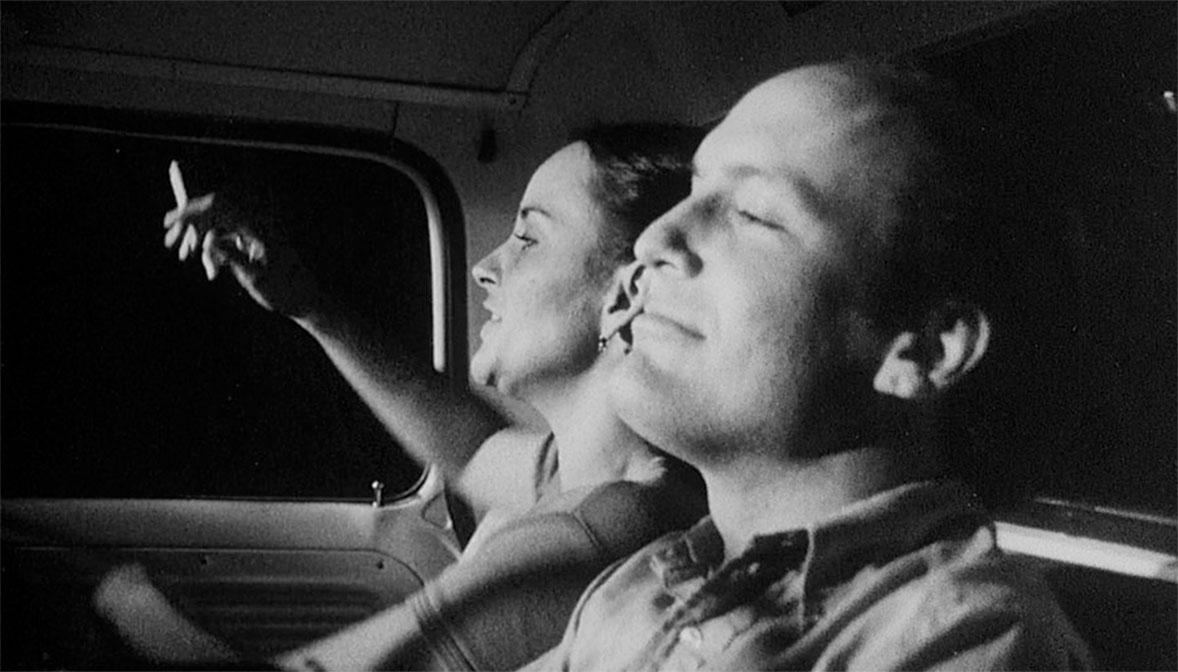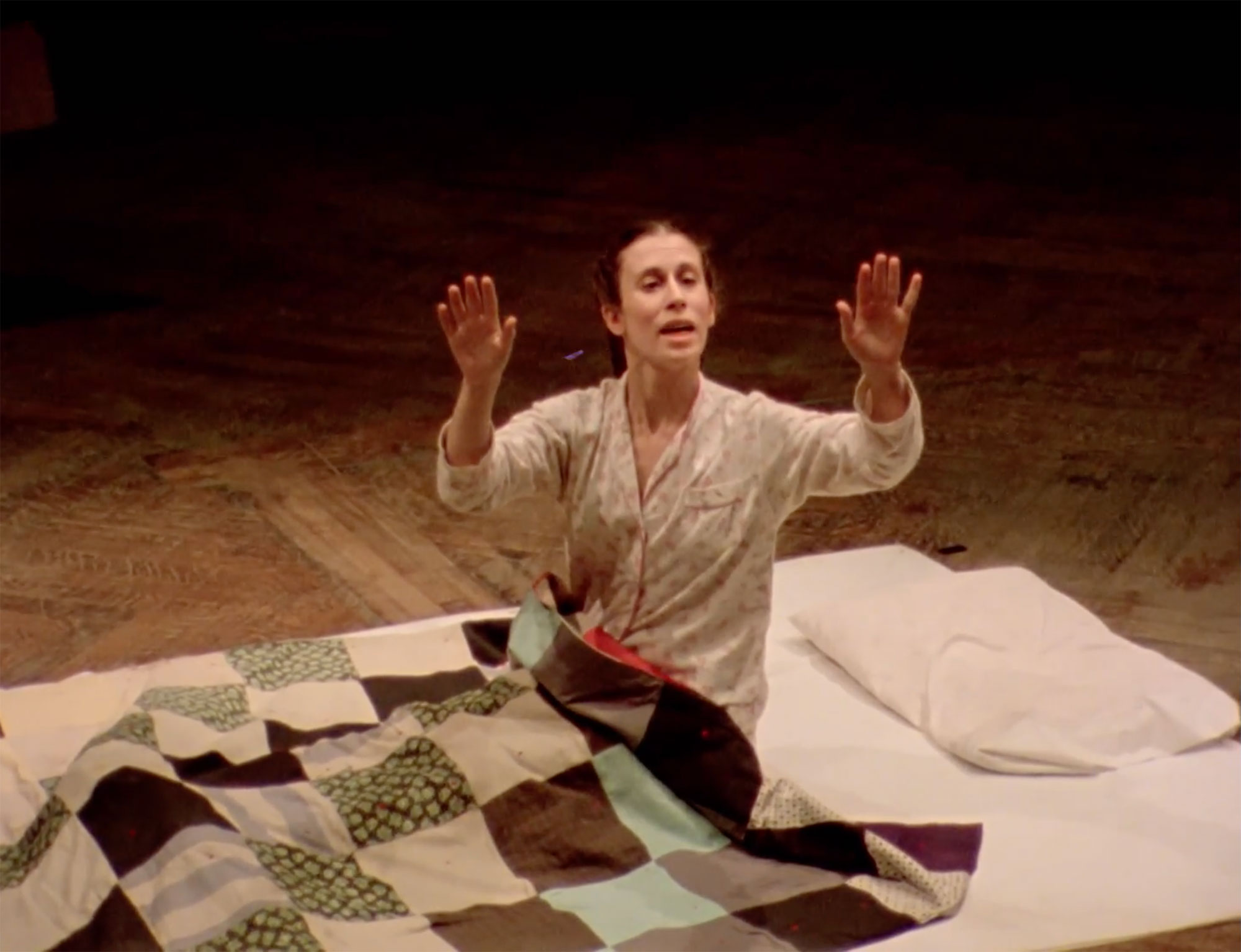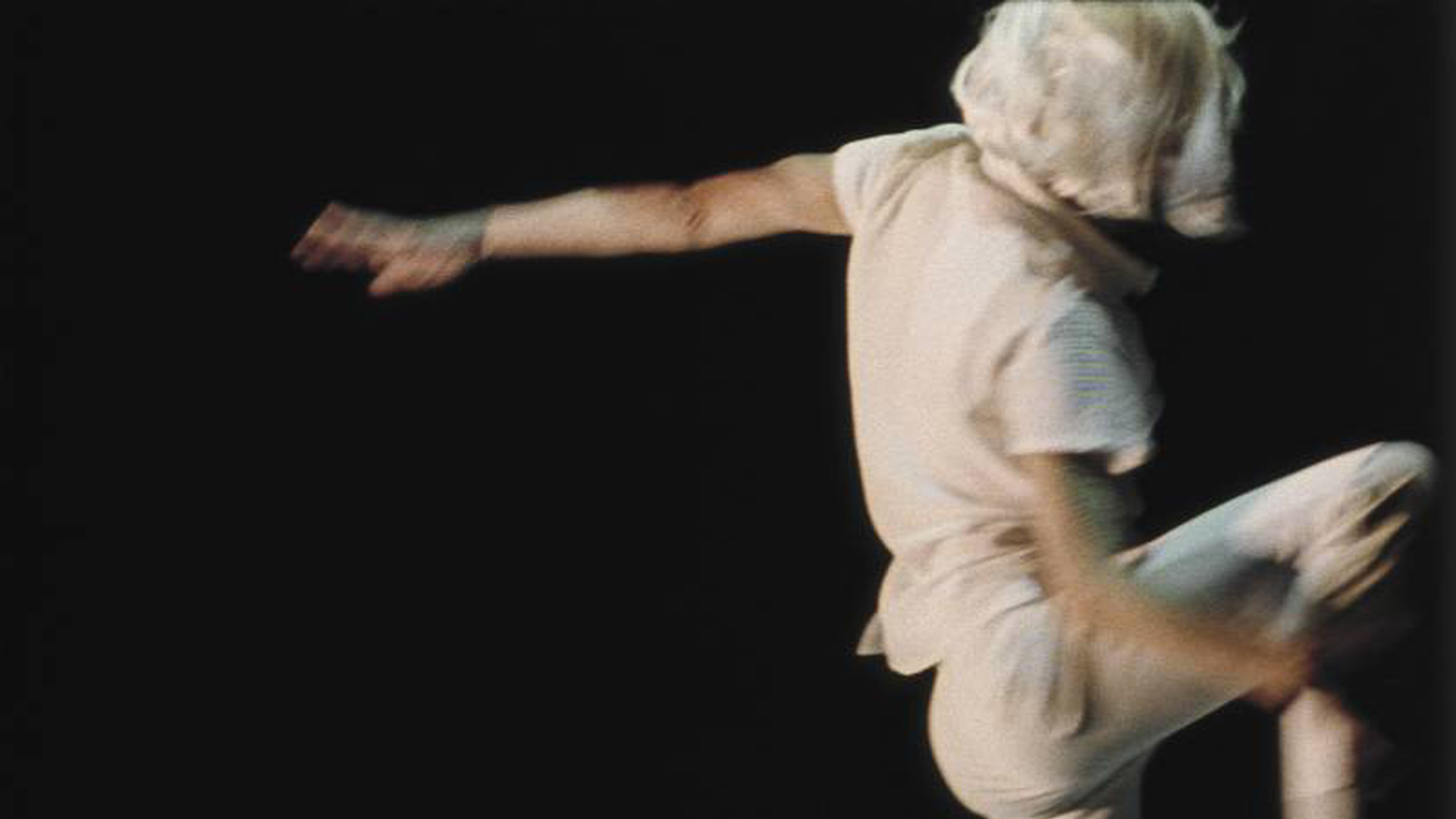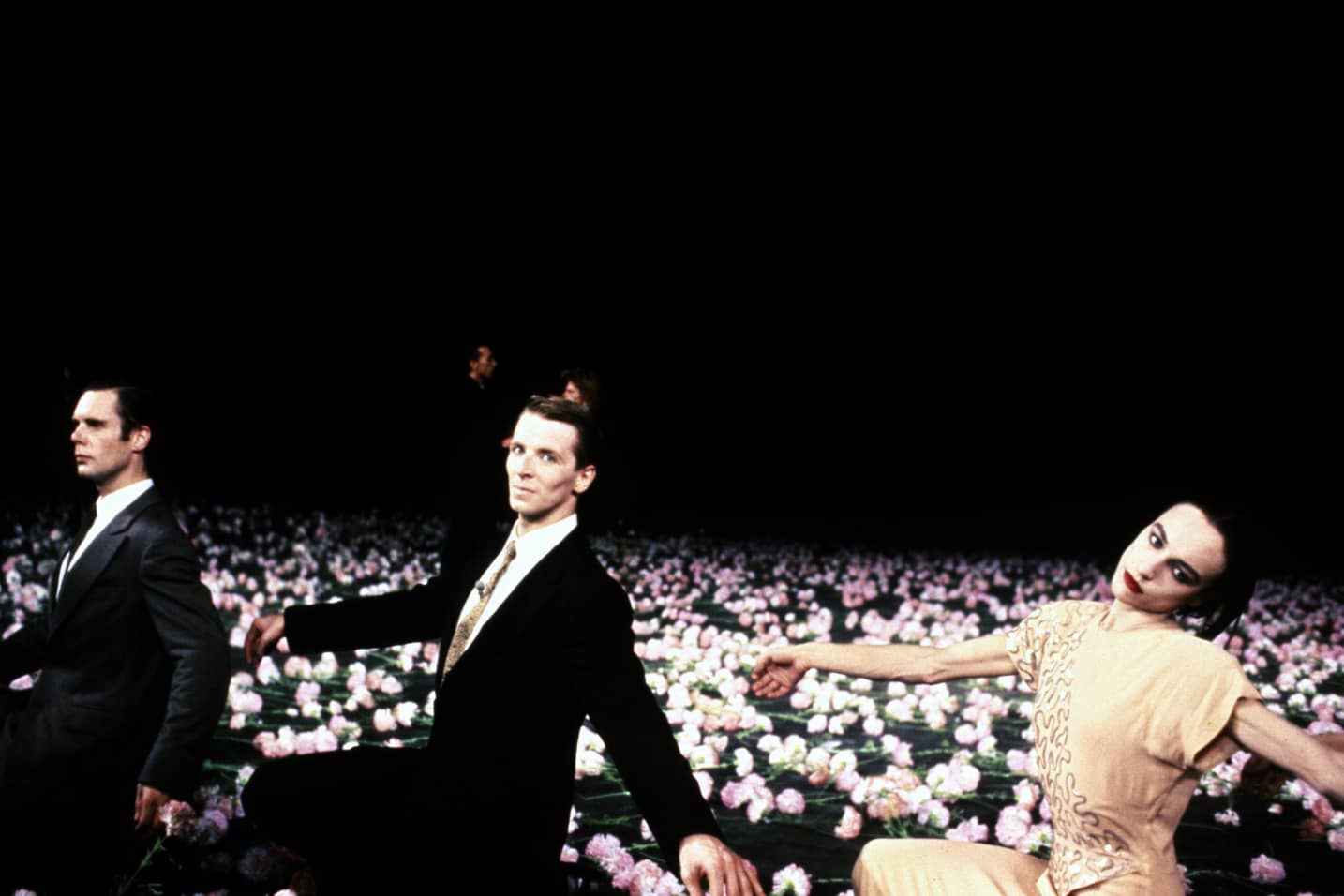
The Whole Shootin’ Match
March 22 · Regal Riviera · 5:30 P.M.
Eagle Pennell, 1968, 97 minutes
“It’s an everyday movie of the Southwest and, particularly, Austin—this is important, because Shootin’ Match stands in roughly the same contrast to contemporaneous good ol’ boy minstrelsy like Hee-Haw and Urban Cowboy as Willie and Waylon’s kind of country did to gushy Nashville countrypolitan.” — Nick Pinkerton, The Village Voice
“Over the past several decades, independent films have become smoother in style, broader in appeal, and less idiosyncratic. The Whole Shootin’ Match is a reminder of the movement’s roots in small stories about everyday people, far from Hollywood.” — Noel Murray, The A.V. Club
The Whole Shootin’ Match is one of the best examples of a new regional American cinema… it creates characters that are such ornery, dreaming, hopeless and precious failures that you can’t help but loving them.” — Roger Ebert, The Chicago Sun-Times
Two blue collar friends in Texas can’t seem to get their act together. One’s single and an inventor of sorts; the other is a married man who has trouble staying faithful to his spunky wife. This is the stuff of life and, for Austin-based filmmaker Eagle Pennell, the stuff of cinema.
The Whole Shootin’ Match would be noteworthy on its own as a funny, charming, and unsentimental slice of Americana, but it holds a uniquely important place in American film history: It inspired Robert Redford to launch the Sundance Institute to support more diverse, democratic vision of America than that made in Hollywood. More locally, the film was instrumental in influencing Austinites, including Richard Linklater, to tell stories in their own backyard. Austin’s reputation as a leading force in American cinema is part of this film’s legacy. Such significance can overshadow the fact that The Whole Shootin’ Match is, first and foremost, damn entertaining.
While Eagle Pennell told stories of Texans living on the margins, sadly, Pennell fell into those margins himself, succumbing to alcoholism and spending many of his last years itinerant and homeless. He died in 2002, just shy of his 50th birthday. In 2008, a documentary about his life and work was produced. It was called, fittingly, The King of Texas.



